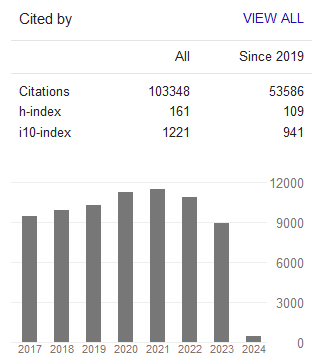Conceptualizing the Antecedents and Consequences of Religious Travellers Experience and Wellbeing
- Siti Hassan
Abstract
Religious based spiritual tourism has become widespread and popularized in recent times as travelling become easier and more affordable. However, the study about this market and its travellers are scarce due to the complex relationship between tourism and religion. Religious travellers especially pilgrim travellers, travel for ritual and spiritual renewal and not for the search of pleasure or leisure. In tourism related activities, destination knowledge can be seen as a key element in order to have a pleasant and safe journey and also their their wellbeing after journey. Thus, the well-being of travellers during and after the journey will depend on the amount of preparations that they make based on the quality of the destination product knowledge acquired and traveller’s characteristics. The aim of this paper is to offer an integrated concept of the relationships that exist between the antecedents of travellers pre-trip planning that may affect the overall experience of the journey and finally its consequences toward the quality of life that can been measured with six wellness dimensions. The model develop will provide valuable insight to policy makers, tour operators and relevant parties in their key strategic managerial decision areas such as communications planning, market segmentation and customer relationship management.
- Full Text:
 PDF
PDF
- DOI:10.5539/ijbm.v10n6p103
Journal Metrics
Google-based Impact Factor (2023): 0.86
h-index(2023): 152
i10-index(2023): 1168

Index
- Academic Journals Database
- AIDEA list (Italian Academy of Business Administration)
- ANVUR (Italian National Agency for the Evaluation of Universities and Research Institutes)
- Berkeley Library
- CNKI Scholar
- COPAC
- EBSCOhost
- Electronic Journals Library
- Elektronische Zeitschriftenbibliothek (EZB)
- EuroPub Database
- Excellence in Research for Australia (ERA)
- Genamics JournalSeek
- GETIT@YALE (Yale University Library)
- IBZ Online
- JournalTOCs
- Library and Archives Canada
- LOCKSS
- MIAR
- National Library of Australia
- Norwegian Centre for Research Data (NSD)
- PKP Open Archives Harvester
- Publons
- Qualis/CAPES
- RePEc
- ROAD
- Scilit
- SHERPA/RoMEO
- Standard Periodical Directory
- Universe Digital Library
- UoS Library
- WorldCat
- ZBW-German National Library of Economics
Contact
- Stephen LeeEditorial Assistant
- ijbm@ccsenet.org
